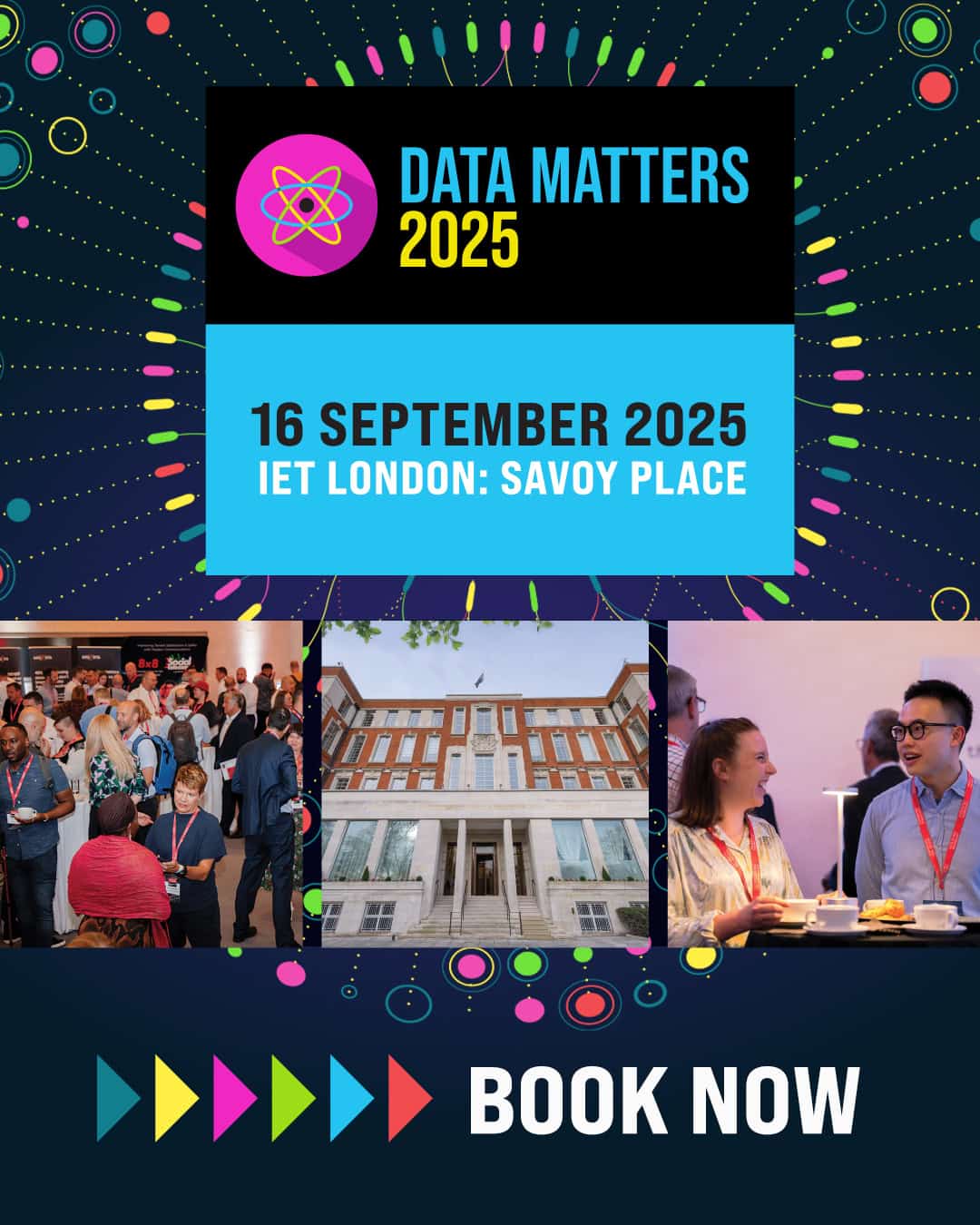With social housing undergoing significant changes, driven by advances in technology, customer demands, tighter budgets and supply-chain challenges, Charlotte Carter from Proactis outlines the key trends in source-to-pay, procurement and finance for housing providers.
AI… but people-focused AI
For housing providers, managing spend and improving visibility should be a top priority, where spending and the resulting invoices are controllable before they happen. Aside from efficiency gains and faster processes, AI plays a vital role in controlling costs before they occur by:
- Reducing overspending and improving compliance with early interventions.
- Offering predictive and accurate insights and ‘guided’ behaviour (see below) for better decision-making earlier in the process.
- Converting unstructured data into electronic invoices.
- Minimising errors and manual interventions by automating tasks such as coding financial transactions.
AI boosts efficiency, but its true potential is unlocked when combined with human expertise, where AI handles repetitive tasks and humans focus on complex decisions.
The synergy between human insights and AI capabilities is what will drive innovation and success. It’s therefore vital to recognise the evolving relationship between humans and AI, emphasising the need to view AI not as a replacement for human ingenuity but as a supportive tool in our quest for progress and innovation.
Data, data, data….
As our sector evolves, effective information management is essential to control spending and achieve a healthy bottom line. Effective spend management relies on data, which also powers AI and machine learning.
For example, while generative AI models are undeniably powerful, their true value only emerges when combined with the knowledge captured within an organisation’s rich data. This is particularly important in the case of disparate IT systems and fragmented databases.
To maximise the benefits of AI, housing providers must ensure they have a solid data foundation. Proper data orchestration can transform unstructured data into usable formats, such as electronic invoices, which is especially important in systems with fragmented databases. Data insights are already transforming the way we live, operate and work, and in our working lives they can manage spend, monitor compliance and identify process improvements.
Guided behaviour is good behaviour
The term ‘guided buying’ has been around for a while; it’s the art of directing users towards preferred suppliers, contracts and policies, alongside accurate pricing. ‘Guided behaviour’ goes beyond directing users to preferred suppliers; it aligns procurement actions with organisational goals, policies and best practices.
This might involve identifying the path to sourcing a supplier (including current suppliers), purchasing approval workflows, negotiation tactics or establishing commercial terms and contracting. This behaviour is ‘guided’ through tools, processes and technologies that encourage consistency, compliance, efficiency and value generation in procurement activities, while reducing errors, ensuring compliance and simplifying decision-making.
By using technology and structured processes, housing providers can reduce errors, ensure compliance and make their procurement activities more efficient.
B2C experience in a B2B world
Expectations for user experience (UX) and user interfaces (UI) in B2B platforms are rising, influenced by the simplicity of people’s B2C experiences. Enhanced interfaces will drive productivity and improve adoption rates as housing staff come to expect the same high standards of usability from their at-work B2B applications that they experience on B2C platforms.
Highly intuitive interfaces (incl. uncluttered screens, familiar layouts & minimal input requirements) enable housing staff to effortlessly order what they need, allow managers to quickly review their requests, and let departmental heads track spending efficiently.
Housing organisations will also see more sector-specific B2B marketplaces that enhance productivity and simplify ordering processes.
Addressing supply chain problems
Housing providers often operate with intricate supply chains of suppliers and contractors, each depending on the other to ensure timely and efficient operations.
Technology can play a pivotal role in managing supply chains. Cloud-based platforms, real-time tracking systems and AI-driven processes can all help provide transparency, streamline operations and enable faster responses to disruptions.
By integrating AI into their financial and supply chain operations, housing providers can enhance efficiency, reduce costs and create a better overall experience for tenants, contractors and staff while improving their bottom line.
Charlotte Carter is the global director for solution engineering at Proactis.


